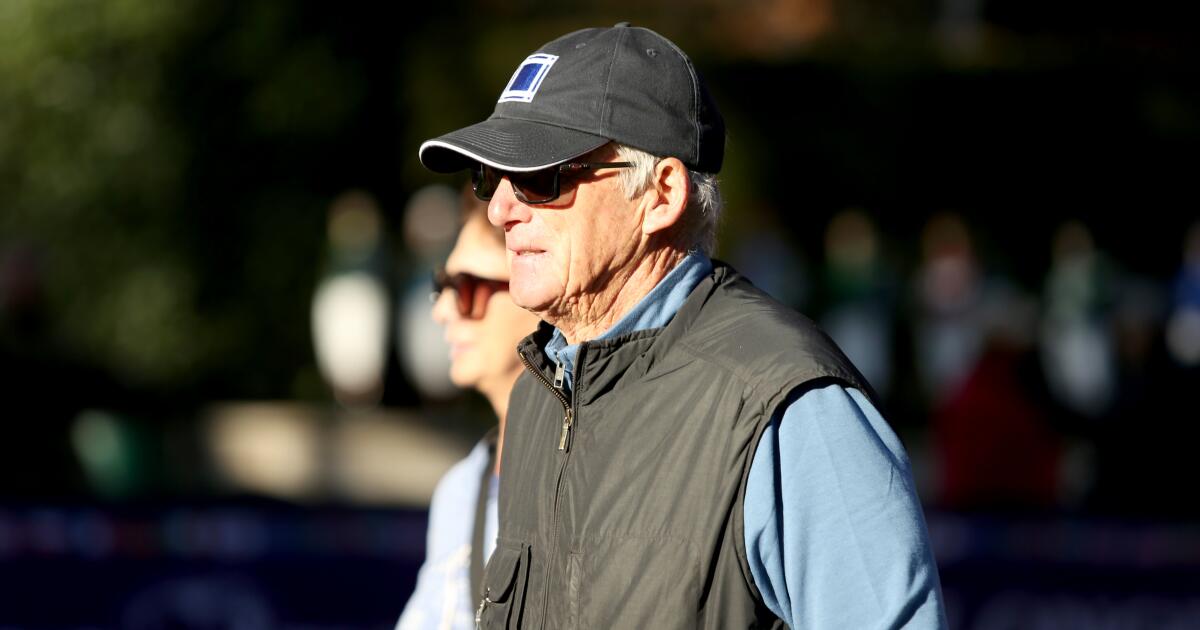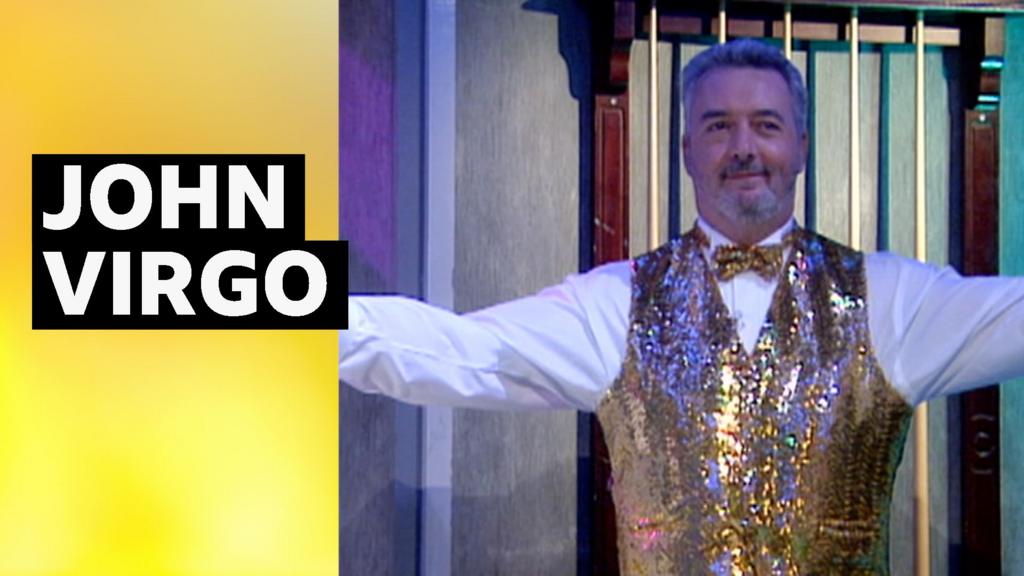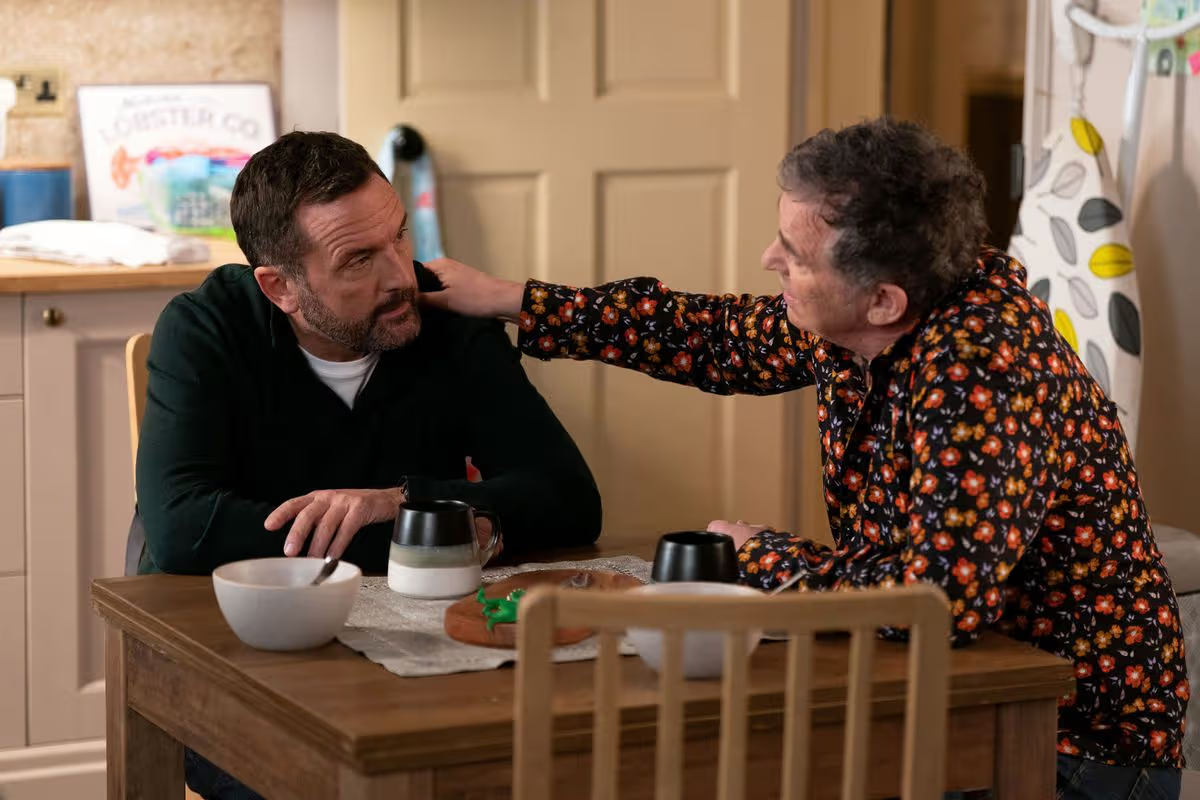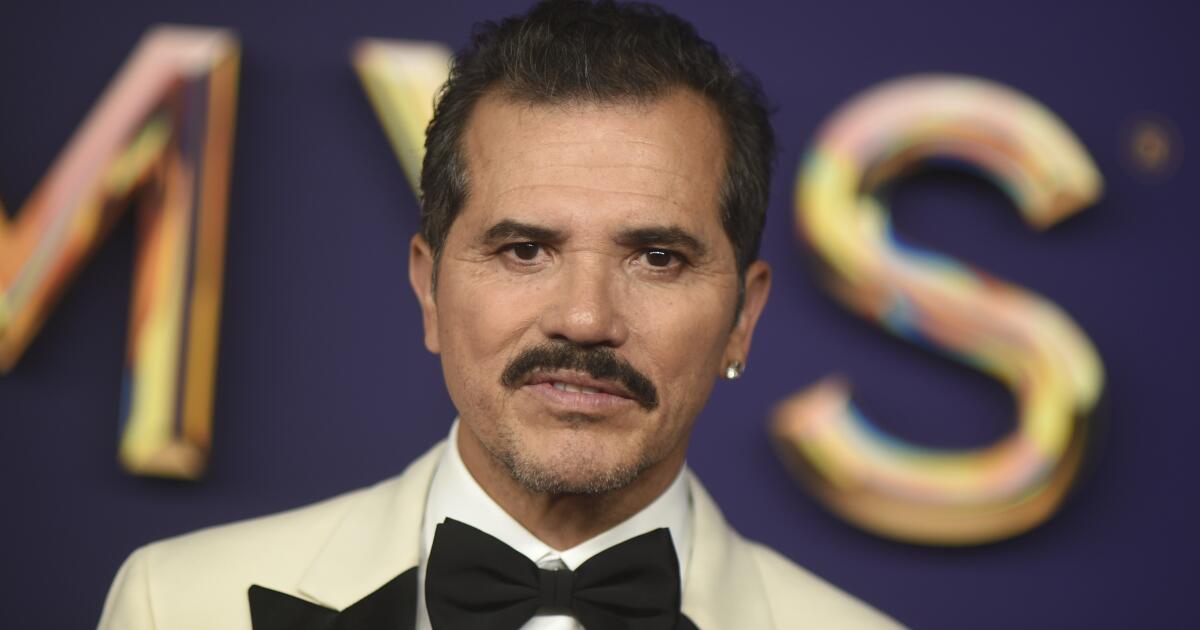Soap spoilers for next week have confirmed death twists, revenge plans and discoveries, as well as a huge return across Emmerdale, EastEnders, Coronation Street, Hollyoaks and Home and Away
It’s another big week for the soaps, with a huge return, secrets under threat and sinister plans in motion.
On Emmerdale, Aaron Dingle is concerned for Robert Sugden, while a discovery about the latter leaves someone stunned. Soon there’s an ultimatum, while some news about dead villain John Sugden sparks some guilt.
On Coronation Street, Daniel Osbourne makes a chilling discovery, while groomer Megan targets teen Sam Blakeman. David Platt is onto “strange” Jodie’s behaviour too.
As for EastEnders, there’s an epic return for Jake Moon, which could lead to another comeback. There’s concern for one teen, and Ravi Gulati is rocked by a discovery.
Over on Hollyoaks, Mercedes McQueen gets steamy with a newcomer, while Dodger Savage makes an alarming realisation. As for Home and Away, Leah continues to spark concern. Here’s all your new spoilers…
READ MORE: Soaps preview: Emmerdale Robert and Tracy’s big plan and Corrie Jodie under suspicionREAD MORE: Emmerdale and Coronation Street fans left furious as soaps pulled off air next week
Emmerdale
Dylan confesses to April that he was there when Ray was murdered and that Bear is his killer. Paddy is furious, and Bear begins to spiral. As April encourages Bear to open up he breaks down, with Paddy deciding he needs to see a counsellor.
As April, Dylan and Bear struggle to cope, it’s clear the impact of Ray’s actions is hard to overcome. Elsewhere, Victoria is horrified when she realises how far Robert has gone to protect her.
When John’s death is ruled a suicide she continues to feel guilty, and she considers coming clean to Cain about the plan to sell the farm to Joe. With Joe wanting to push the sale forward he threatens Robert, but Victoria overhears and realises Robert planted the evidence that led to Moira’s arrest.
Realising why he did it, she declares she’ll turn herself in to prevent Moira from being wrongfully imprisoned. Joe then threatens to release the video of her killing John unless she signs the contracts.
Soon there’s an ultimatum, and Victoria visits Moira in prison. Also next week, Aaron is concerned for Robert and Cain tries to force Bear to go to the police.
When he turns violent, Dylan steps in. Later, Sarah supports Cain at his appointment at the hospital where the consultant explains the treatment will be a radical prostatectomy.
Finally next week, Robert and Tracy are caught out as they head off with John’s ashes. Tracy prepares to pour John’s ashes down the toilet, convincing a reluctant Robert to let her just as Victoria and Aaron arrive.
Coronation Street
Shona, convinced Jodie is hiding something, follows her to a psychiatric hospital where Jodie tearfully introduces their confused, estranged father. Jodie explains how she was left to care for him after their mother fled.
When an exhausted Shona snaps at Lily, David tells her to take a break. Jodie soon manipulates her into a night out, before plying her sister with alcohol. David confides in Nick that there’s something very strange about Jodie.
Ryan recognises Mal, leading to Bernie begging him not to reveal all about the hotel incident. When Gemma finds out, she urges her mum to tell Dev before someone else does. Mal seems keen to stick around.
Todd panics when he sees some missed calls from Theo. When he joins James for brunch, Theo comments on him wasting money, before confronting him over a takeaway bag he’s found. Things take a turn when Todd collapses.
Debbie’s assigned an inmate to look after her in prison, but she’s not best pleased to discover it’s her former neighbour Lou. Later, Adam tells Carl that he hopes to use Debbie’s TIA to have her sentence reduced.
Sam finds out his essay was missing, and he realises Megan was behind it. Soon, he intently listens as Daniel discusses the misuse of ADHD medication for a study aid. Later in the week, Megan approaches Sam and tells him she’s concerned about his work and offers him extra help.
As for Daniel, he’s shocked when he meets the man, Colin, jailed for his attack only to realise he wasn’t his attacker after all. Ollie asks Lauren on a date, while Carla enlists Betsy’s help and asks her to get Lisa to come to the Chariot Square Hotel as she’s planning to surprise her. Finally, a clash between Ryan and Carl sees Ryan sacking him, and Carl, in a fit of rage, forms a sinister plan to set the hotel on fire.
EastEnders
Ravi meets Jack to give an update on his informant work, only to discover his new contact is Mark. But he’s in turmoil when Nugget suffers a seizure. Nugget is rushed to hospital where tests suggest he’s had an epileptic seizure.
Later, Mark is impressed by Ravi and he soon drops an admission, while there’s news from the hospital and Priya makes a discovery. Zoe comes face-to-face with Jake Moon, who has requested a prison visit. He explains that he and Chrissie have split over her revenge plan and begs for the truth about what happened at Christmas.
Kat encourages Jake to visit Alfie, with him believed dead for so many years. It leads to an emotional reunion. Soon Jake seeks out Phil, and he encourages Jake to lure Chrissie back to Walford. Callum is worried about Phil, while Billy asks Honey to beg for her job back, but Bea insists she should stand firm.
Soon Suki fires them both, while Bea lies to Vinny. Linda is worried that Ollie is being bullied again. Max offers to take Ollie and Annie to help Linda out and soon realises that Louie is the bully targeting Ollie.
As things escalate Max keeps it from Linda, only for the pair to grow closer. Linda moves in for a kiss, but will they reunite?
Hollyoaks
Sensing Rex is struggling with grief, Froggy plans to scatter Grace’s ashes with him. Before they set off, Ste proposes to Rex. Mercedes has chemistry with fellow rehab patient Jake, unaware it’s Jenson.
Meanwhile, Nikki advises Mercedes to work on her relationship with Warren. Prince apologises to John Paul for dragging him into a situation, but soon the pair are left panicking. Diane isn’t happy when Ro tells his family he’s decided he wants to be a mechanic.
Later, Ro arrives at the garage ready to start his new job, but Diane tells Ro that he has to go to university and that’s that. Gemma still has a soft spot for Warren, and Mercedes invites Warren to couples therapy, while she’s soon getting steamy with someone else.
Dodger is alarmed to find out who was behind the armed robbery. Elsewhere, Vicky comes up with an idea to buy the salon. When newcomer Miles finds Vicky and gives her his card, claiming he’s a talent scout, she’s unsure. At the Blakes, a guilty Tinhead has a confession to make to smitten Liberty.
Home and Away
Sonny tries to make sense of Leah’s accusation about Justin, and soon Remi is thrown. He lets Justin know what Leah’s been saying, and it’s clear is relationship with Leah is in real trouble.
Jo awkwardly admits she has plans, before walking off with Eddie, leaving Tane feeling discarded. Cash takes it upon himself to quiz David on Jo and Eddie, before he reveals all to Tane.
Lacey teases her sister Jo after a discovery, but soon she has questions. Soon, Jo debriefs with Lacey about the two men in her life, leading to some words of encouragement from Lacey. It’s Tane who’s left making a decision however. Also next week, Tane’s shocked and angered when he opens a letter from Harper’s solicitor outlining custody arrangements.
Home and Away is available to stream from 6am weekdays, with double bill episodes airing from 6pm on 5Star. Hollyoaks is available to stream on Channel 4’s streaming service now, while it also airs Mondays to Wednesdays on E4 at 7PM.
EastEnders airs Mondays to Thursdays at 7:30pm on BBC One and BBC iPlayer. Emmerdale airs weeknights at 8pm on ITV1 and ITVX.
Coronation Street airs weeknights at 8:30pm on ITV1 and ITV X. * Follow Mirror Celebs and TV on TikTok , Snapchat , Instagram , Twitter , Facebook , YouTube and Threads .




















